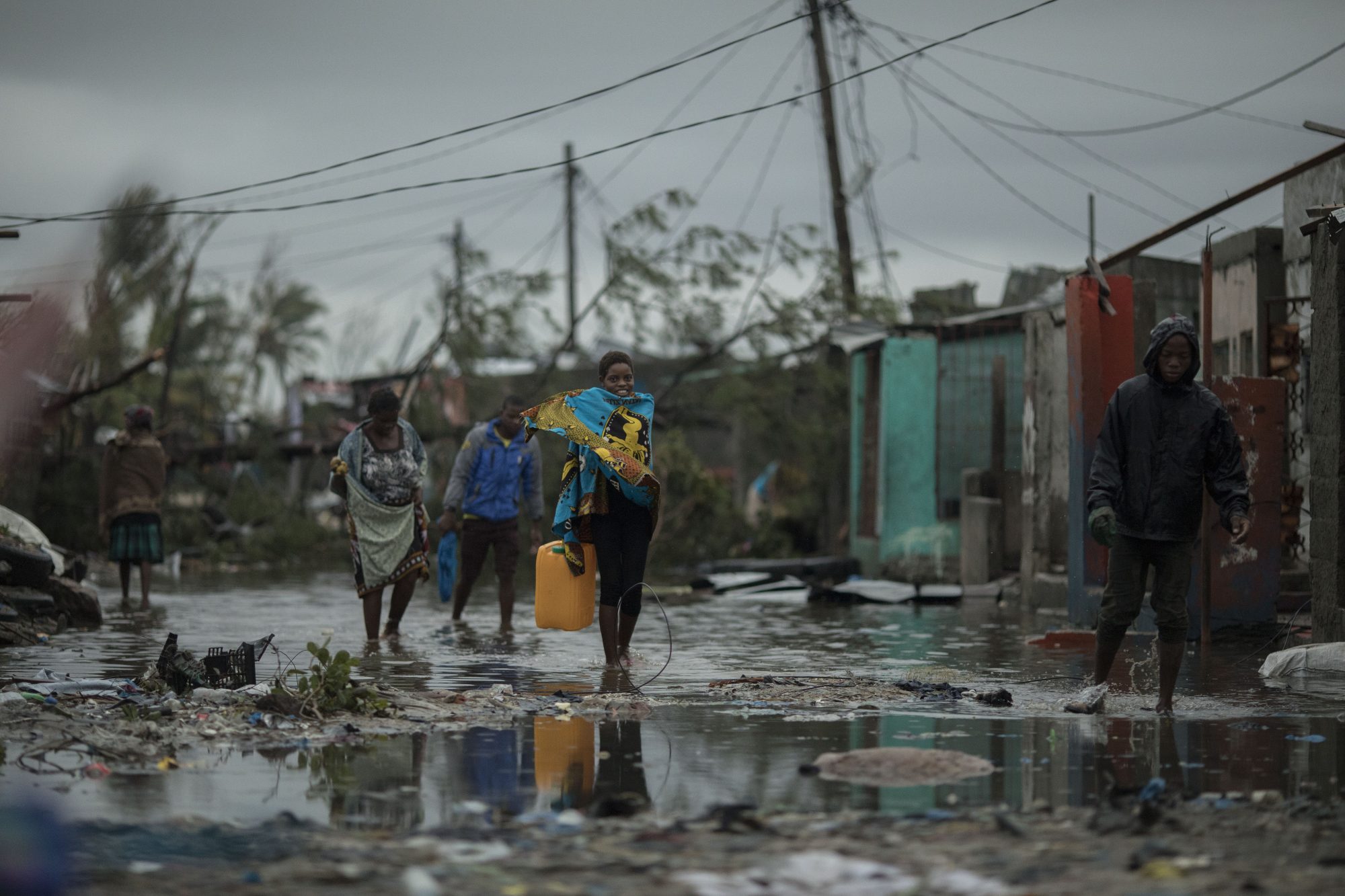What is Climate Injustice?
Climate injustice refers to the unequal effects of climate change on different populations, particularly affecting marginalized communities who contribute the least to greenhouse gas emissions.

Historical Context
The roots of climate injustice can be traced back to several key historical events:
- Colonialism: Exploitation of resources in developing nations has led to long-lasting environmental degradation.
- Industrialization: The Industrial Revolution increased emissions primarily in developed countries, while developing nations face the consequences of climate-related disasters.
- Economic Disparities: Wealthier nations can adapt to climate impacts, whereas poorer countries struggle with limited resources.
- Policy Decisions: Historical policies often prioritized industrial growth over environmental protection, perpetuating inequalities.

Global Impact
The impacts of climate injustice are felt worldwide:
- Food Security: Climate change disrupts agriculture, threatening food supply for low-income communities.
- Health Risks: Marginalized communities face higher risks of climate-induced health problems.
- Displacement: Climate change is creating climate refugees forced to migrate due to rising sea levels and extreme weather events.
- Economic Loss: Poor nations bear the brunt of climate-related economic downturns, exacerbating existing inequalities.



